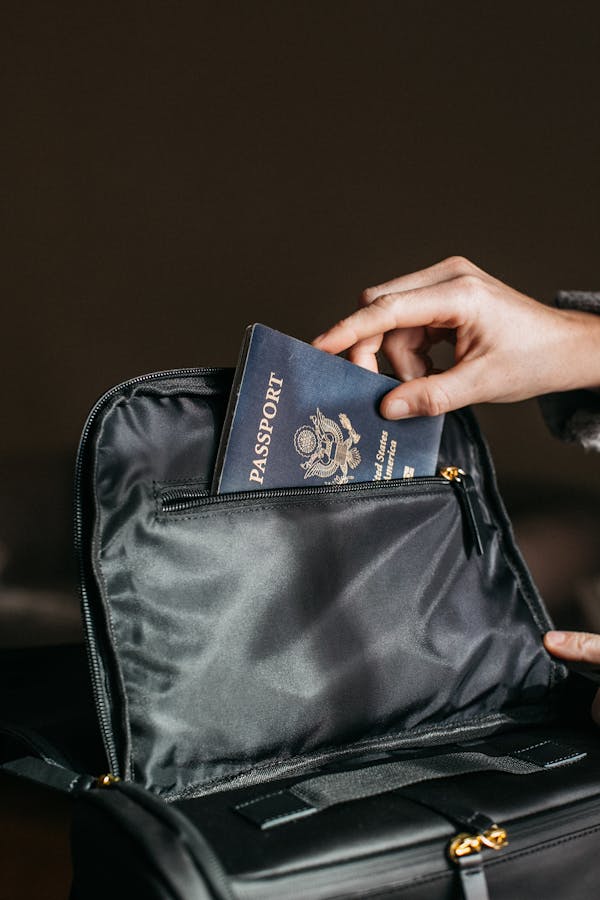The Positive Power of Migration: How Moving Can Enrich Lives
Migration, the movement of people from one place to another, is a fundamental aspect of human history.
Economic Opportunities and Growth
One of the primary drivers of migration is the pursuit of better economic opportunities. Migrants often seek employment in regions with higher wages, more diverse industries, or greater potential for career advancement. This can lead to increased income, improved living standards, and greater financial security for migrants and their families.
- Fact: According to the World Bank, remittances sent by migrants to their home countries have become a significant source of income for developing nations, often exceeding foreign direct investment.
Moreover, migration can contribute to economic growth in both the migrants' home countries and the host countries.
- Tip: If you're considering migrating for work, research the job market in your target region, network with people in your field, and prepare to highlight your unique skills and experiences.
Personal and Professional Development
Migration can be a catalyst for personal and professional growth. Stepping outside of one's comfort zone and adapting to a new environment can foster resilience, adaptability, and problem-solving skills.
- Fact: A study by the Pew Research Center found that immigrants in the United States are more likely than native-born Americans to start businesses, contributing to job creation and economic dynamism.
Furthermore, migration can open doors to new educational opportunities, career paths, and personal experiences that may not have been available in one's home country.
- Tip: Embrace the challenges and opportunities that come with migration. Be open to learning new things, connecting with people from different backgrounds, and exploring your new surroundings.
Cultural Exchange and Diversity
Migration fosters cultural exchange and diversity, enriching both the host communities and the migrants themselves.
- Fact: According to the United Nations, international migrants make up 3.5% of the world's population, but their contributions to cultural diversity and innovation are immense.
By interacting with people from different backgrounds, migrants and host communities can develop greater understanding, empathy, and tolerance, breaking down stereotypes and fostering social cohesion.
- Tip: Engage with your local community, participate in cultural events, and share your own cultural heritage with others. Be open to learning about different cultures and perspectives.
Social and Family Connections
Migration can strengthen social and family connections across borders.
- Fact: The World Bank estimates that global remittances reached $689 billion in 2020, providing a crucial lifeline for millions of families around the world.
Moreover, migration can create new social networks and communities, providing migrants with a sense of belonging and support in their new environment.
- Tip: Stay connected with your family and friends back home, and build new relationships in your new community. Seek out support groups or organizations that can help you connect with other migrants from your region or with shared interests.
Overcoming Challenges and Embracing Opportunities
While migration can be a positive experience, it's important to acknowledge that it can also present challenges. Migrants may face language barriers, cultural adjustment difficulties, discrimination, and social isolation.
- Tip: Seek out resources and support services that can help you navigate these challenges. Learn the local language, connect with cultural organizations, and build a support network of friends and mentors.
However, by embracing the opportunities that migration offers, migrants can overcome these challenges and build a better future for themselves and their families.
Conclusion
Migration is a powerful force that can bring about positive changes in people's lives.


Join the conversation